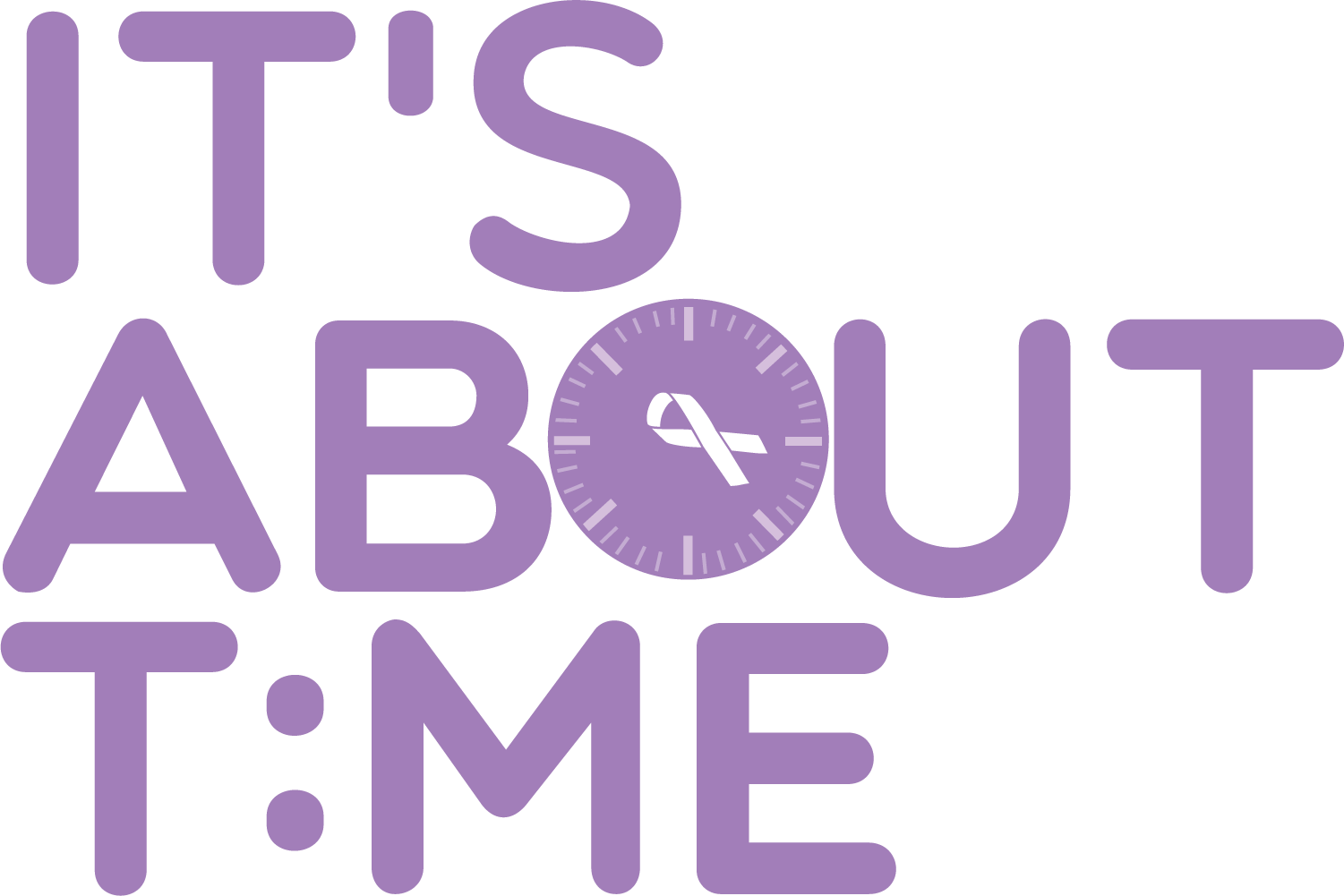When Loved One Has Breast Cancer, Partner Suffers, Too
Breast cancer can take a heavy toll on the partners of patients, too, a new study finds.
MONDAY, Jan. 23, 2017 (HealthDay News) — Breast cancer can take a heavy toll on the partners of patients, too, a new study finds.
The stress of managing breast cancer care provokes symptoms of anxiety in more than 42 percent of partners and caregivers. And this stress-induced anxiety can last years after their loved one’s illness, researchers found.
Those who coped poorly with the bad news fared even worse, according to the study.
Partners were more than twice as likely to report anxiety if they became emotionally withdrawn, went into denial about the situation, turned to drink, started blaming others for their problems or grew agitated and aggressive, said lead researcher Nancy Borstelmann.
“Caregivers’ mental health and how they cope needs attention,” Borstelmann said. “This not only has implications for their own well-being, but also survivors’ health and quality of life.”
Borstelmann is director of social work at the Dana-Farber Cancer Institute in Boston.
It’s well-known that providing care to a cancer patient is complex and stressful, but Borstelmann said there’s been limited research addressing the partners of younger adults with cancer.
To investigate, Borstelmann and her colleagues surveyed 289 partners of patients diagnosed with breast cancer at age 40 or younger.
Of those partners, 284 were male, and three out of four were parenting children at the time of the diagnosis.
Partners who already faced stress from financial concerns, insufficient social support and the demands of being a parent were more likely to suffer anxiety from a breast cancer diagnosis, Borstelmann said.
But the two factors most strongly associated with stress were poor coping skills and lack of a college education, Borstelmann said.
Less education could be a sign of other problems in a person’s life, including a lower income level or a lack of understanding about how the health care system works, she said.
“Sometimes individuals with lower levels of education may be a little more hesitant to speak up” and ask for badly needed help, Borstelmann said.
The study results show that health care professionals need to do a better job reaching out to partners early on and identifying potential problems, she said.

